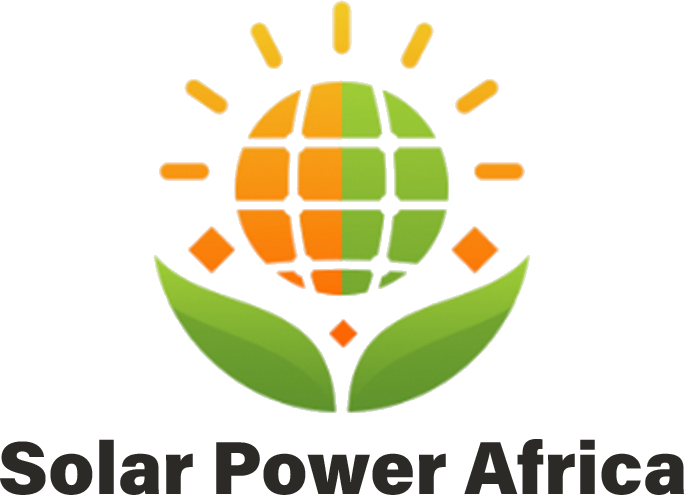Style
Guide to going solar in South Africa

Thinking of going solar to beat the energy crisis? Find out what your options are, how much it costs, and how to secure solar financing.
Everything Counts | Ep 22: Guide to Going Solar in South Africa
In this episode, 702’s Motheo Khoaripe is joined by De Wet Taljaard (Technical Advisor at Investec Sustainable Solutions), Kirk Palmer (Director at Solafi), and Andrew Winstone (CEO at Energy LED) to tackle one of South Africa’s hottest topics: solar power and energy efficiency for households.



Understanding the energy crisis in South Africa
South Africa’s energy crisis, caused by Eskom’s aging coal power plants and frequent outages, has left many homes and businesses with unreliable electricity. Eskom still supplies about 75 to 80% of the country’s electricity, mostly from old coal-fired power plants that are getting harder and more expensive to maintain.
The recent creation of the National Transmission Company of South Africa (NTCSA) shows the energy sector is changing, but the system remains fragile. A key measure of Eskom’s performance is the Energy Availability Factor (EAF), which shows how much of the power station capacity is online and generating electricity.
For the system to be stable and reduce load shedding, the EAF needs to be between 65% and 70%, as set out in the government’s Energy Action Plan. However, in 2025, the EAF has been around 56.8%, just slightly better than the record low of 54% in 2023, the worst year for load shedding with over 6 800 hours of outages.
On top of Eskom’s challenges, many municipalities face their own problems like cable theft and equipment failures, causing even more outages. With power cuts still a big risk, many people are looking for better options. Solar power, especially when paired with batteries, offers a clean, affordable way to take control of your energy and stay protected from load shedding and other power interruptions.
Learn more: SA’s solar awakening
How to save electricity at home
Here are some practical tips to help households reduce energy costs and improve efficiency:
- Switch to LED lighting: Replace old 50-watt halogen or fluorescent bulbs with LED lights that use just 4.5 to 5 watts. LEDs can reduce lighting energy consumption by up to 90%, last four to six times longer, and save thousands of rand over their lifetime. If you use lights for more than 15 minutes a day, switching to LEDs is worth it.
- Manage geyser usage smartly: Geysers can account for 30 to 60% of household electricity use. Using smart controls, you can shift geyser heating to off-peak times when electricity is cheaper, effectively turning your geyser into a “thermal battery”. This reduces costs by avoiding high tariffs during peak hours.
- Use the right energy source for cooking: Cooking with gas instead of electricity can significantly cut electricity consumption. It’s a simple way to reduce your household’s energy load.
- Choose energy-efficient appliances when replacing old ones: You don’t need to replace all your appliances at once, but when it’s time to replace old or broken equipment, opt for energy-efficient models. This will lower your energy use and save money in the long run.
- Take advantage of replacement opportunities: For example, if a geyser bursts, don’t just replace it with the same old model. Use the opportunity to install a more energy-efficient geyser that will reduce electricity costs over time.
Get more Investec insights straight to your inboxSign up to our newsletter
Understanding energy efficiency ratings
When buying appliances, look for the energy efficiency rating labelled from A to G on the sticker. Choosing appliances rated A, B, or even A+ is much better than going for lower-rated ones like D.
Although more energy-efficient appliances may cost a bit more upfront, their lower running costs will save you significantly more money over time. It’s always worth investing a little extra to get the most energy-efficient appliance you can.
What are the different types of home solar systems in South Africa?
Here’s a breakdown of the main types of home solar systems, their costs, and what they offer:
- Grid-tied solar systems
- Solar with battery energy storage systems (BESS)
- Off-grid solar systems
Solar finance options
Investec has a range of flexible finance options available to Private Bank Account holders, including being able to fund your solution through your existing Investec Private Home Loan or credit facility. Don’t bank with us? Take a few minutes to see if you qualify.
View our flexible finance optionsDo I qualify

FREQUENTLY ASKED QUESTIONS
- How long do solar panels last?
- How to calculate solar ROI
- Can you sell power back to the grid in South Africa?

